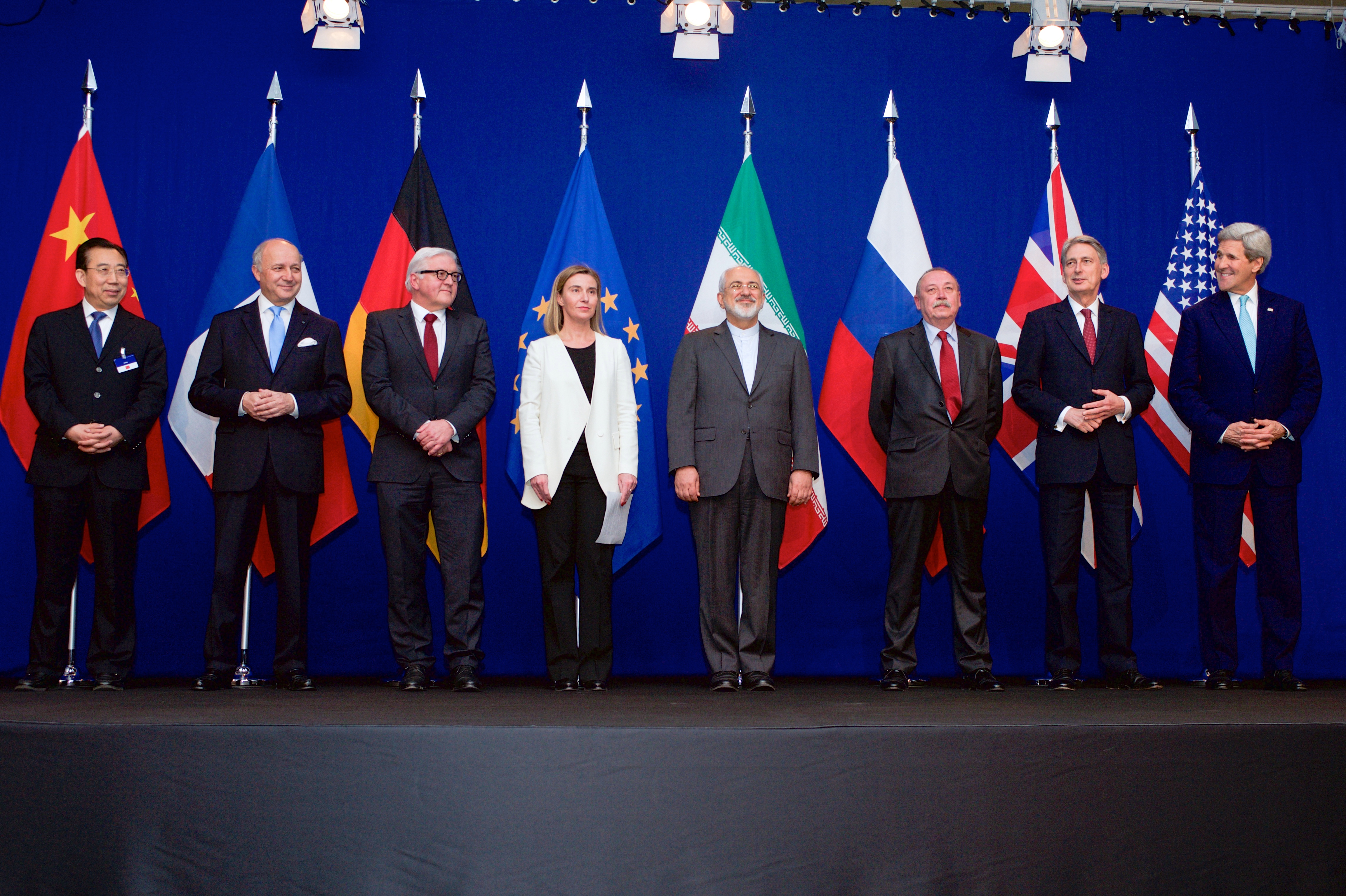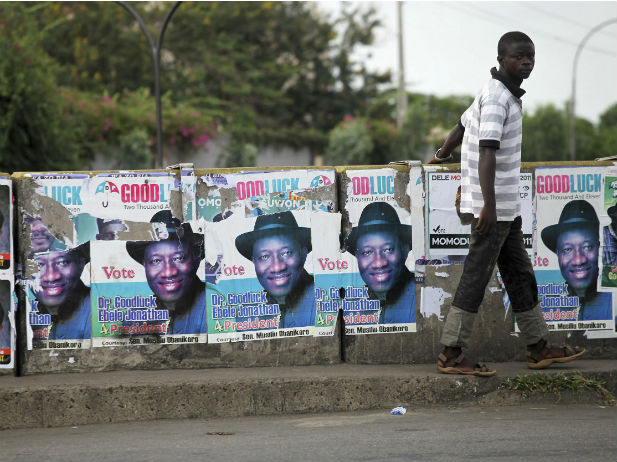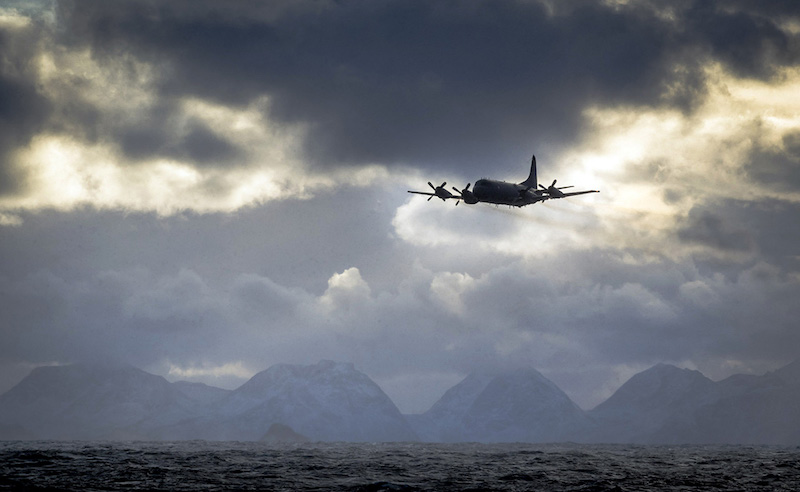This week’s Water Cooler question:
On July 14, a historic nuclear deal was reached between the P5+1 powers and Iran. The deal is idealistically meant to”promote world peace” by preventing Iran from obtaining nuclear weapons. Immediately the controversial deal resulted in public protests and political pundits spewing analysis and rhetoric across international media.
On July 22, a #STOPIRANRALLY was born in Times Square, NYC. Over 10,000 people took to the streets to protest the deal. At the rally. former U.S. Representative Allen West exclaimed:
“I want President Barack Obama to know one thing: You may say that you have done something that no one else has ever done. You know why no one else has ever done it? ‘Cause it’s a damn stupid thing that you just did.”
While just over a week earlier President Obama made this statement to the American people:
“This deal is also in line with a tradition of American leadership. It’s now more than 50 years since President Kennedy stood before the American people and said, ‘Let us never negotiate out of fear, but let us never fear to negotiate.'”
This “historic deal” is proving to be one of the most controversial international deals ever struck and has everyone, from Noam Chomsky to your 80-year-old grandmother, voicing their opinion. Therefore, our Editors also decided to add their voices to the mix.
Does the Iran Nuclear Deal Make the World a Safer Place?
The Responses
Stefan: Far From Perfect, But the Best Option.
Program Editor, Procurement
The deal reached between Iran and the P5+1 powers is far from perfect. There are legitimate concerns about the easing of sanctions leading to increased Iranian support for Hezbollah and the Assad regime. But in an imperfect world, there is a strong argument that the deal reached with Iran is the best possible option. Critics of the deal, particularly U.S. Republicans, have been scathing in their rhetoric. But, so far, they’ve largely failed to present a compelling alternative option. There is no question that an Iran with functioning nuclear weapons would be bad for the Middle East, and ultimately the world. A nuclear armed Iran would dangerously antagonize Israel (further emboldening the hawks in Netanyahu’s government) and encourage Saudi Arabia to develop its own nuclear arsenal. The diplomatic agreement reached with Iran also has the potential to ease the country’s diplomatic and economic isolation. Though the deal is not without risk, I would argue that it is the most realistic option in a challenging geopolitical environment.
Colin: We Can Verify Without Trusting
Program Editor, Global Horizons
The Joint Comprehensive Plan of Action will indeed keep Iran from developing nuclear weapons as long as it is in effect, provided that Iran follows through on its part. The best sign of this is that Iran’s own hard-liners, much like American Republicans, are already complaining, saying that Iran has caved to the West.
By all accounts, President Rouhani will push hard for implementation of the deal. Ayatollah Khameini is more difficult to interpret, yet the consensus expert opinion is that he will not block the deal in Parliament, having provided political cover for negotiations in the first place.
Granting full access to the IAEA will give a better picture of what is really going on – and the snapback mechanism, which does not need the approval of Russia, China, or Iran, allows rapid re-sanctioning if Iran does not follow through.
The United States and Israel have already been threatening war for over a decade, and staging cyberattacks for half that long. More actions like this hold no hope of grinding Iran into unconditional surrender, but a diplomatic agreement can succeed where force has previously failed.
Trevor: Forgotten Horrors
Program Editor, Canada’s NATO
Nine countries possess more than 15,000 nuclear weapons, many of which are far more powerful than those dropped on Hiroshima and Nagasaki in 1945. One nuclear warhead dropped on a large city could kill millions of people and have long term effects. While preventing Iran from developing its own nuclear weapon is obviously seen as an achievement, it still does not address the bigger issue, which is the failure of other nuclear powers to disarm.
The only way to make the world a safer place is for all countries to eliminate their nuclear stockpiles and prevent future nuclear proliferation. Yet the biggest nuclear powers, like the U.S. and Russia, are doing the opposite by modernizing their nuclear weapons. This failure to disarm has in turn heightened the risk that other countries will acquire nuclear weapons.
For anyone who doubts the necessity to eliminate nuclear weapons, I urge you to visit the Hiroshima Peace Memorial and see first-hand the devastation a single nuclear weapon and its fallout can have. It is easy to write about such matters but it is truly a humbling experience standing at the epicenter of the blast and realizing the enormity and truly devastating nature of a nuclear bomb.
Michael: The Alternative Was a Lot Worse.
Program Editor, Emerging Security
Leaders are called on to choose among imperfect alternatives, and it’s within this context that this deal should be assessed. Had the Vienna talks ended without agreement, international support for sanctions would likely have collapsed even as Iran, deflated by the failure to have sanctions lifted at the negotiating table, escalated its nuclear program. Absent these restrictions or a monitoring regime, Iran’s nuclear activity would have aroused the suspicions of its neighbors at a time when it is already engaged in a tense struggle for regional influence with Saudi Arabia. The threat of a nuclear arms race or, even worse, a region-wide conflagration would therefore have considerably increased.
It’s far better to have in place a means of subjecting Iran’s nuclear program to verifiable constraints than none at all. A military strike could conceivably wipe out much of the country’s nuclear infrastructure, yet not its nuclear know-how and at the cost of embittering Iran for at least another generation. Legitimizing Iran’s nuclear activity within limits reduces the chances of war, establishes a possible foundation for heightened collaboration with Iran against common enemies like ISIS, and preserves the potential for rapprochement with a regime that for too long has been left alone to act on its grievances.
Victoria: Geopolitically, It Could Be a Disaster..
Program Editor, Women in Security
The public rhetoric coming from President Obama about the agreement and Ayatollah Ali Khamenei is troubling for a lot of people, seeming as they appear to be completely different. Beyond that political haze, this deal upsets other players in the Middle East, namely Saudi Arabia and Israel. Iran and Saudi Arabia have been jockeying for influence in the region for well, forever. The sanctions placed on Iran historically limited their ability to increase their influence, allowing Saudi Arabic to spread it’s oil-dripped fingers across the region.
With the Iranian sanctions lifted, capital will flow into the country and potentially provide increased funding for Iran’s allies, such as Hezbollah. Posing a greater threat (real or imagined) to Saudi. Since the U.S. helped open these capital floodgates, Saudi might continue drifting away from the Americans and “looking North.”
Israel is also upset. Iranian hardliners have often called for “death to Israel,” so anything that favors Iran obviously creates a sense of betrayal and doom. Could this mean a more publicly positive relationship between Israel and Saudi? Perhaps. It could also mean a renewed ally for the U.S. at the expense of old allies, and perhaps more regional insecurity thanks to a heightened game of influence.








